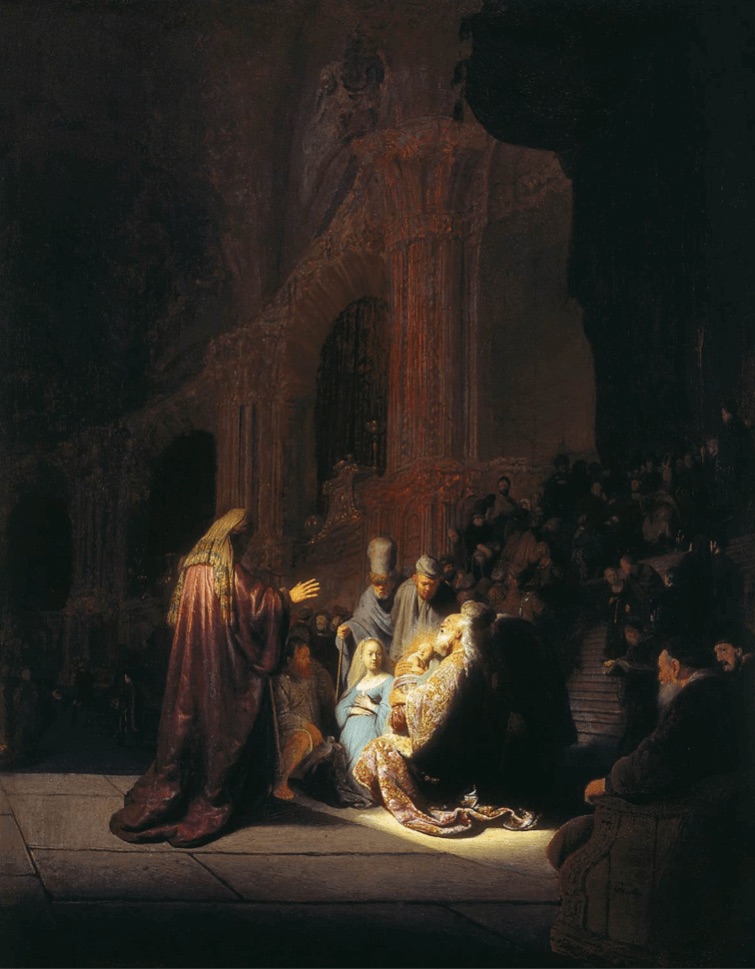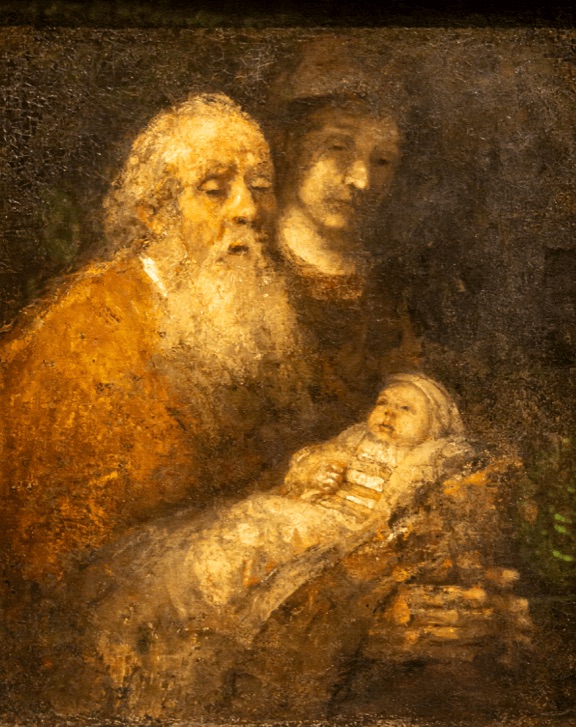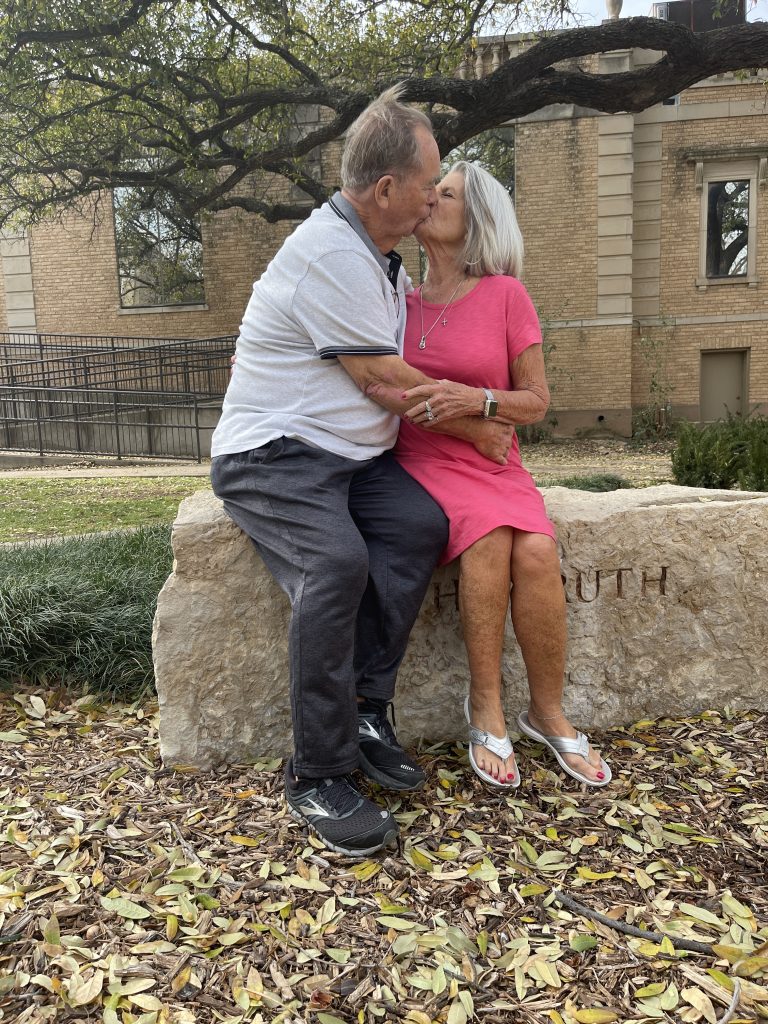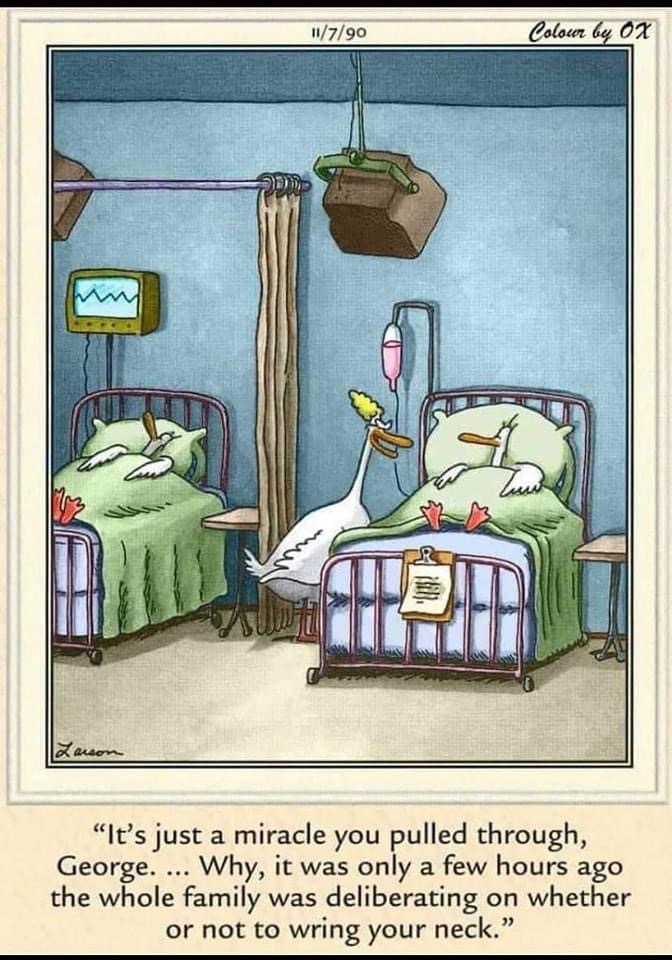When we feel the spear of regret, life is trying to tell us something. Pay attention. Wake up. Take notes.
Daniel Pink
This past Sunday, during a lunch conversation with friends, Ann shared her story from fifty plus years ago about coming to a faith of her own. It was a Sunday evening service. She and our three young boys had gone to church without me. Moved by the sermon, she was drawn to respond. Repentant, she asked for forgiveness and committed her life to following Jesus.
Listening, I had some vague remembrance, but no real recollection of what was obviously a very significant event in her spiritual life. After lunch, on our way home, I asked her about that evening.
Her remembrance is clear. She had gone to church with the boys. She asked me to go but I told her no. Coming home, I was sitting on the couch wearing a tee shirt smoking a cigarette. She told me what happened at church. My response was, “What’d you do that for?”
I was dumbfounded. “That’s all I said ?” “I didn’t offer encouragement or appreciation?” “I didn’t ask anything?”
“No.”
The image of me as young husband and father, I had refined over the past fifty years, did not comport with her story. In that moment, I was confronted with a truth about myself. I am not what I believed myself to be.
In that moment, I was filled with regret.
Regret for treating Ann badly.
Regret for missing an opportunity to be the husband and father I should have been.
Regret for being an insensitive jerk.
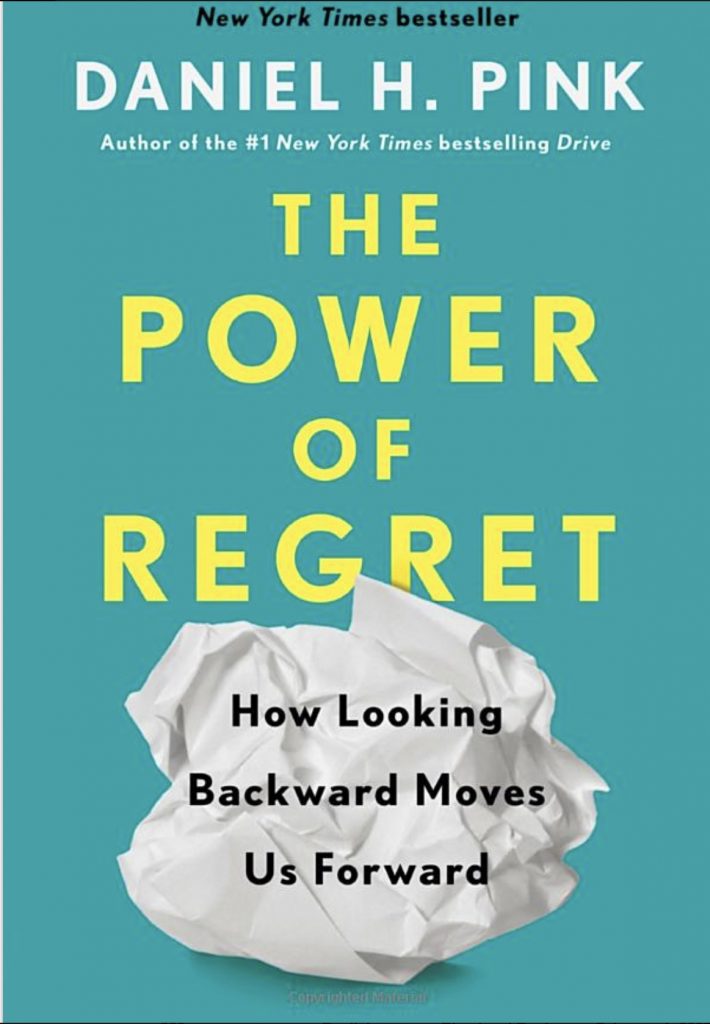
The regret I experienced in reaction to Ann’s story was painful and curious. There is no question I should regret my conduct, but 50+ years later? Learning I had never apologized, I gave Ann a belated apology.
In the days since regret has been on my mind. Having read Daniel Pink’s book “ThePower of Regret” while in Florida, the subject is somewhat fresh in my mind.
Numerous questions arose in the intervening days, stimulating me to write this post.
Why would regret be so real and fresh hearing Ann’s story?
Was an apology really necessary after 50 years?
Why isn’t regret a usual part of today’s vocabulary?
How is regret different, if at all, from sorrow, grief or lament?
If regret is an integral part of our human experience, why is there an absence of sermons or lectures on regret?
Should regret be a part of a Christian’s life?
Some beliefs operate quietly, like existential background music, Others become anthems for a way of living. And few credo blare more loudly than the doctrine that regret is foolish— a toxin in the bloodstream of happiness.
The Power of Regret
In a culture obsessed with happiness, it should come as no surprise that regret is in the penalty box with grief and lament and other negatives. “Why invite pain when we can avoid it?” “Why rue what we did yesterday when we dream of the limitless possibilities of tomorrow?”
No regrets they don’t work
No regrets by Robbie Williams
No regrets they only hurt
Sing me a love song
Drop me a line
Suppose it’s just a point of view
But they tell me I’m doing fine.
Since my recent encounter with regret, I’ve been thinking how regret differs from sorrow, grief or lament. All of those experiences are painful. Unlike the pain of sorrow, grief or lament, which is deep, protracted and chronic; pain of regret is is sharp and piercing, a wound demanding attention.
The thing about regret is that it hurts. And it hurts for a reason; it’s conveying a particularly strong signal. The fact that I feel a spear of negative feeling called regret makes it much more likely that I’m going to be awake to the possibility of learning from that mistake, if I treat it right.
Daniel Pink
The soul-depth of sorrow, grief and lament demands answers, a struggle that challenges our faith and can lead to despair. With regret the answer is unambiguous, we are responsible, in that moment we understand “We have met the enemy and he is us.” (P0go). There is no one to blame except ourselves. As Pink says, “It clarifies, It instructs.”
“No regrets”, a mantra in our culture and companion of the cult of happiness, has infiltrated western Christianity. Regret and lament are unwelcome intrusions into a “live happily ever after” delusion. Walter Brueggermann understood the costly loss of lament and there is a similar cost with the loss of regret.
Without regret we become —Eve, “the devil made me do it.” or worse — Adam, blaming God, “the woman you gave me…”
Where there is lament [regret], the believer is able to take initiative with God and so develop over against God the ego strength that is necessary for responsible faith. But where the capacity to initiate lament is absent, one is left only with praise and doxology.
The Costly Loss of Lament – Walter Brueggermann
A community of faith which negates laments [regrets] soon concludes that the hard issues of justice are improper questions to pose at the throne, because the throne seems to be only a place of praise.
Regret like suffering is an attribute of our humanity, and thus our Christian life. There is value in both, but their benefit is not enjoyed by dwelling on or seeking them. “No regrets” denies reality and robs us of opportunity for redemption and growth.
You let the distress bring you to God, not drive you from him. The result was all gain, no loss. Distress that drives us to God does that. It turns us around. It gets us back in the way of salvation. We never regret that kind of pain. But those who let distress drive them away from God are full of regrets, end up on a deathbed of regrets.”
2 Corinthians? ?7:9-10? ?MSG
I have only skirted the edges of understanding regret and its power for good or ill. I highly recommend Daniel Pink’s “The Power of Regret” . I labored to write this post. A few days ago heading out for a walk and perusing my podcasts, I was pleasantly surprised to see a sermon by Josh Graves at Otter Creek Church of Christ entitled “No Regrets”. He had some helpful insights and for those of you who want to dig deeper you can listen HERE.
STILL ON THE JOURNEY



